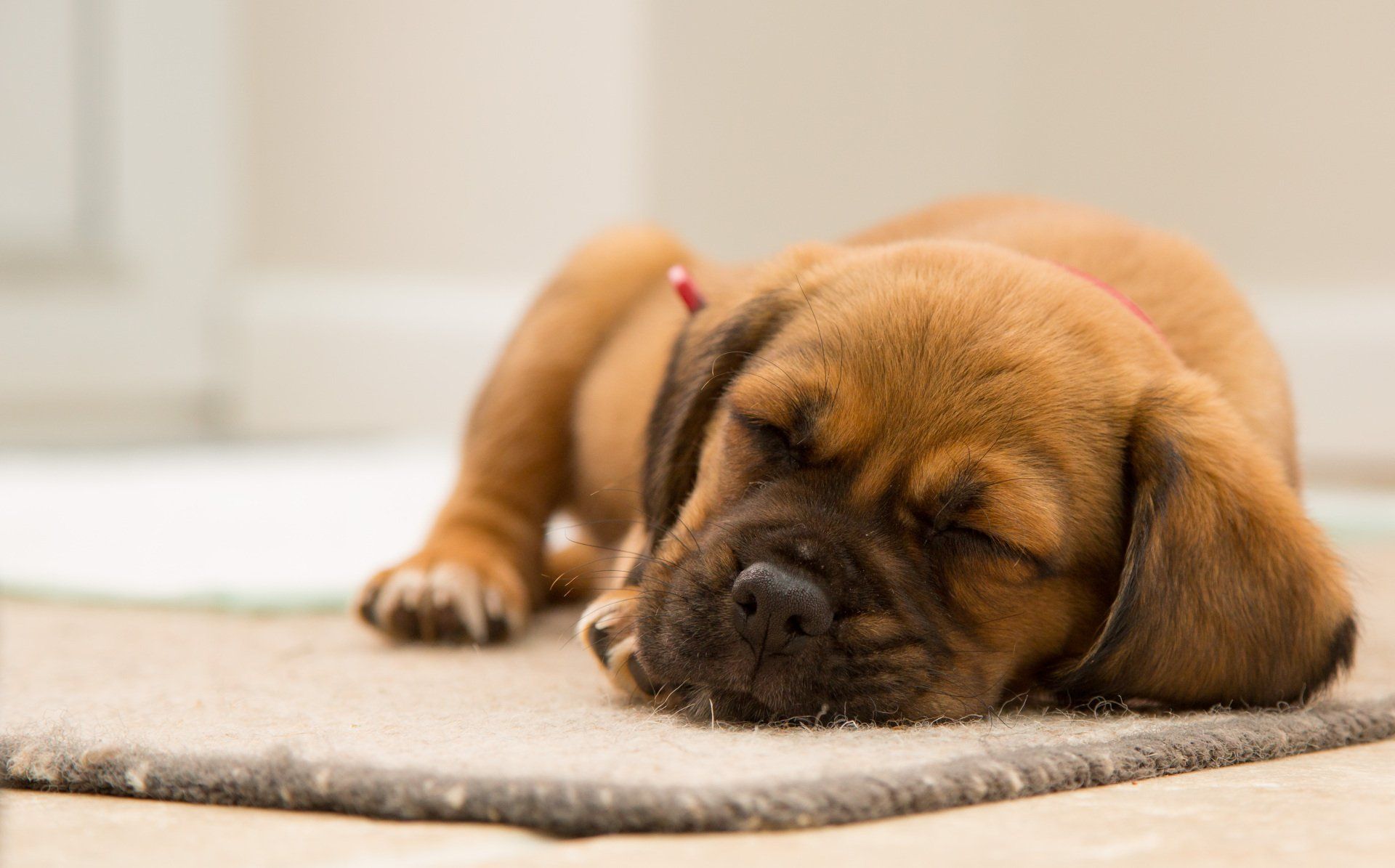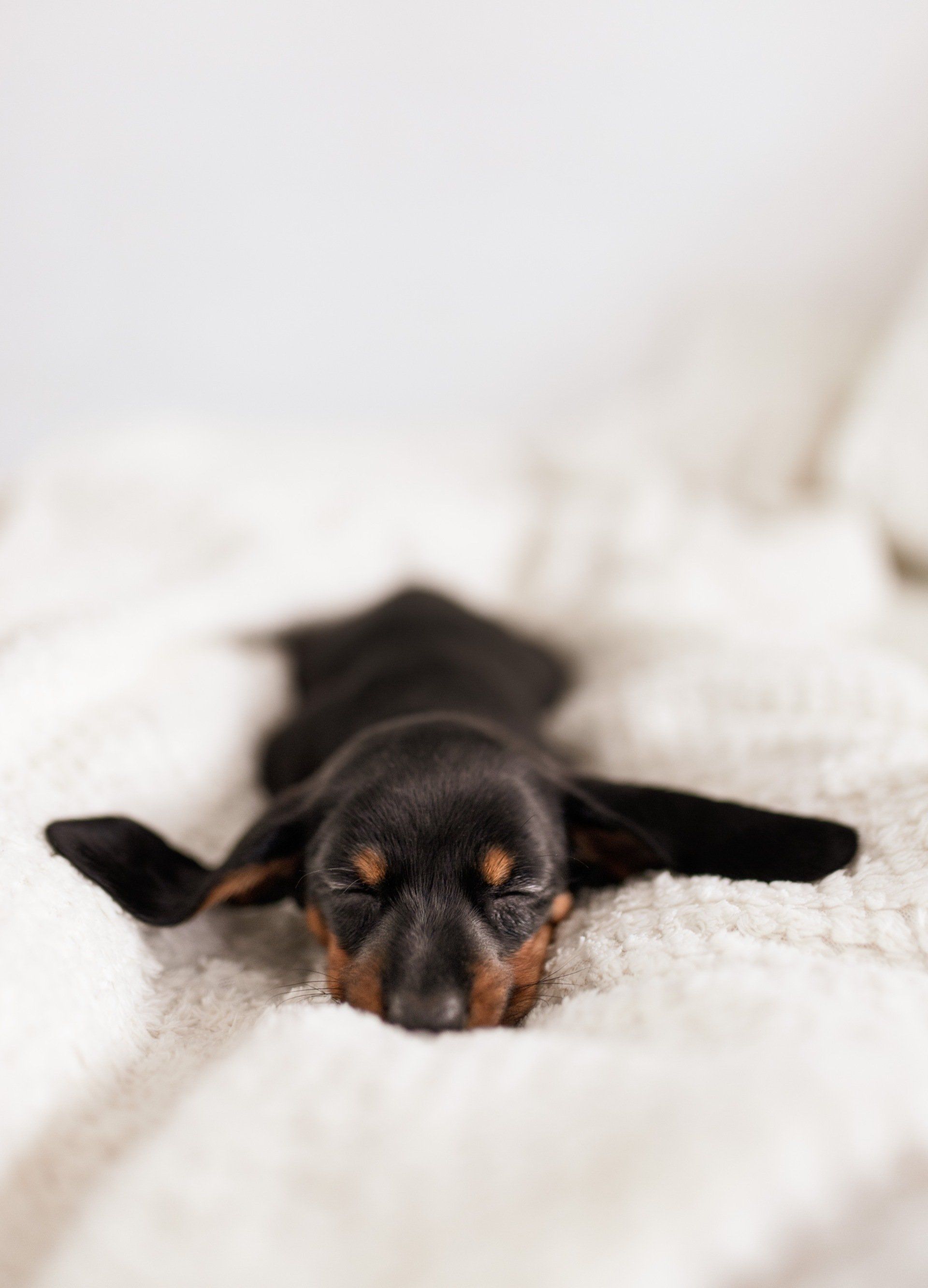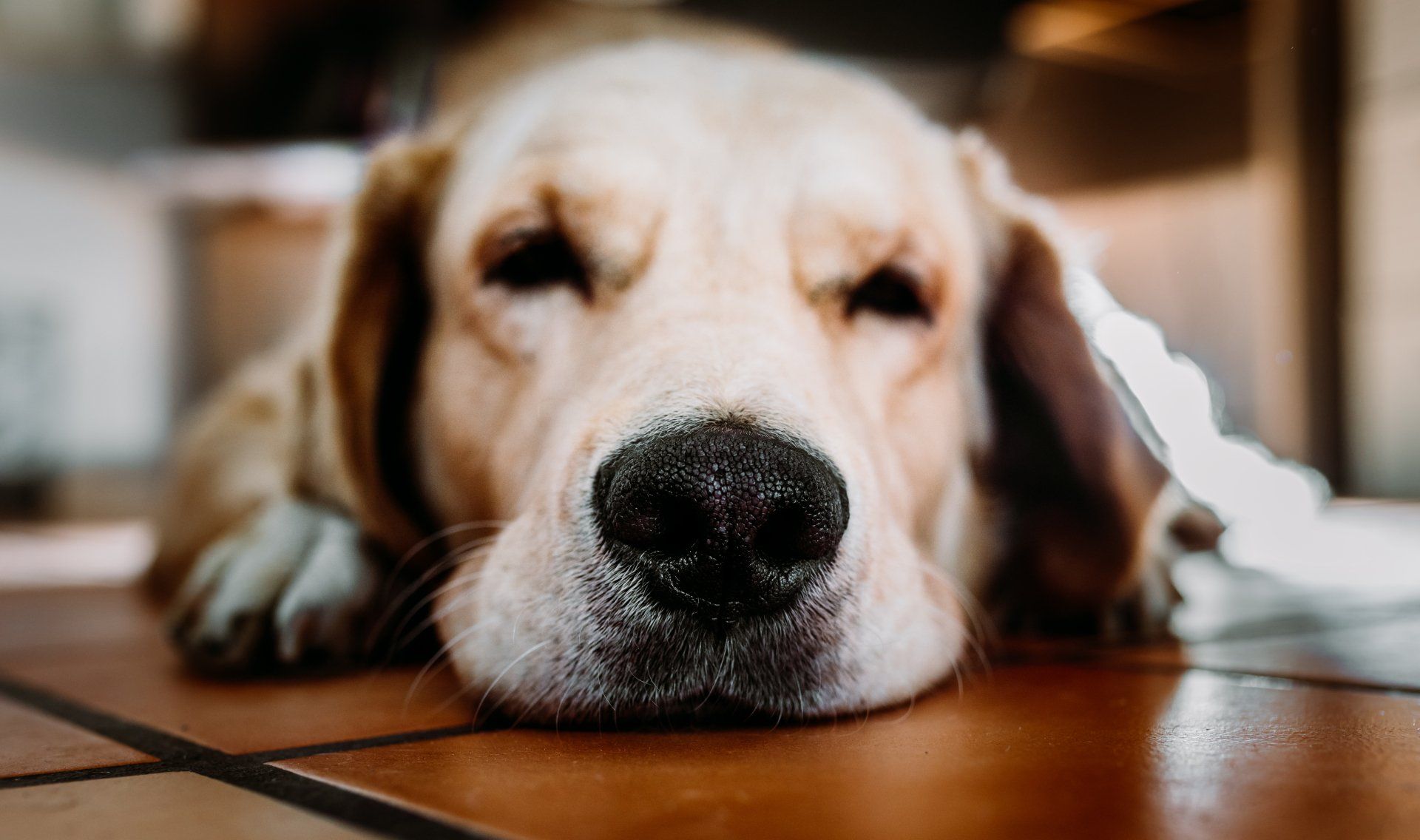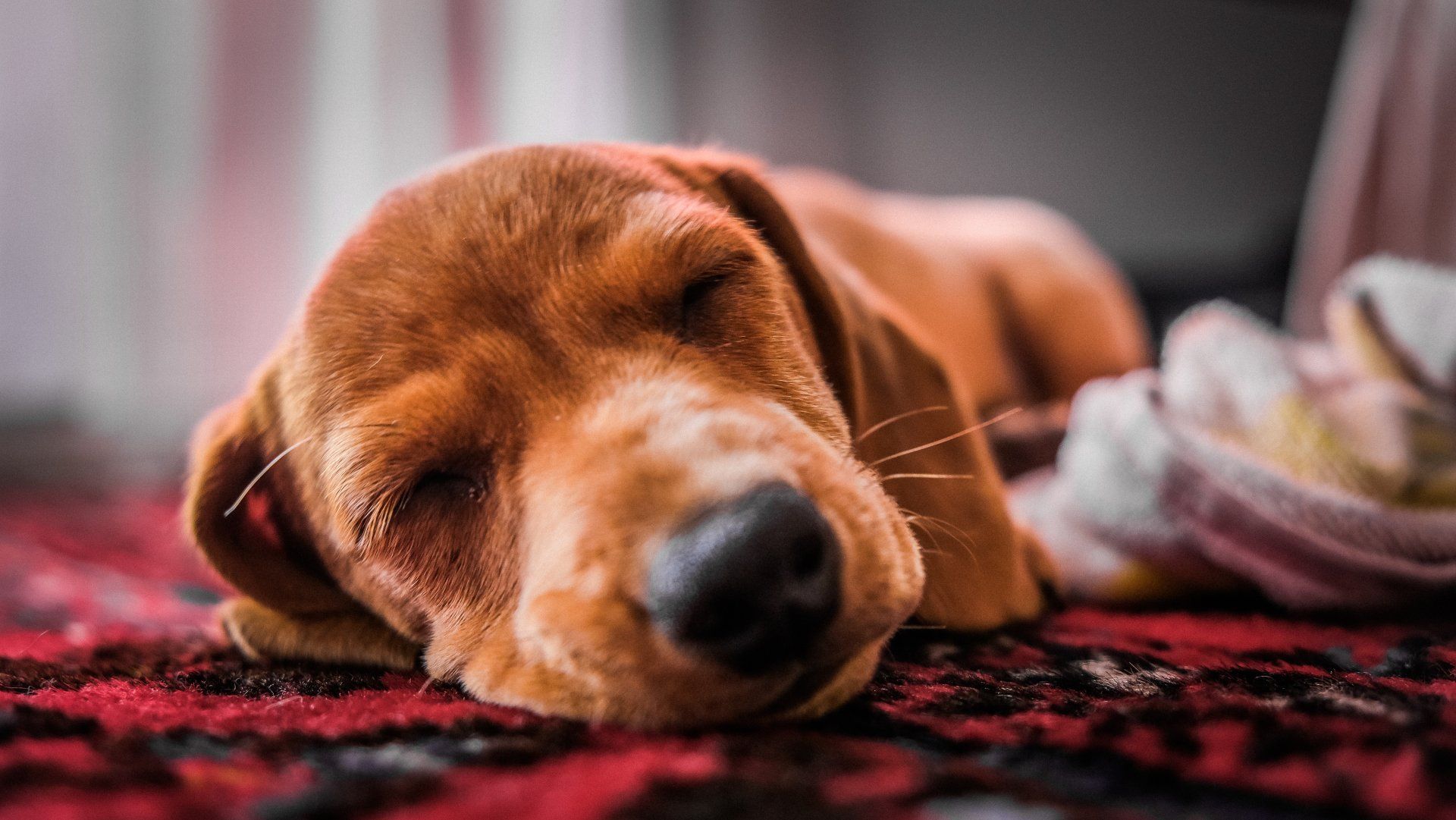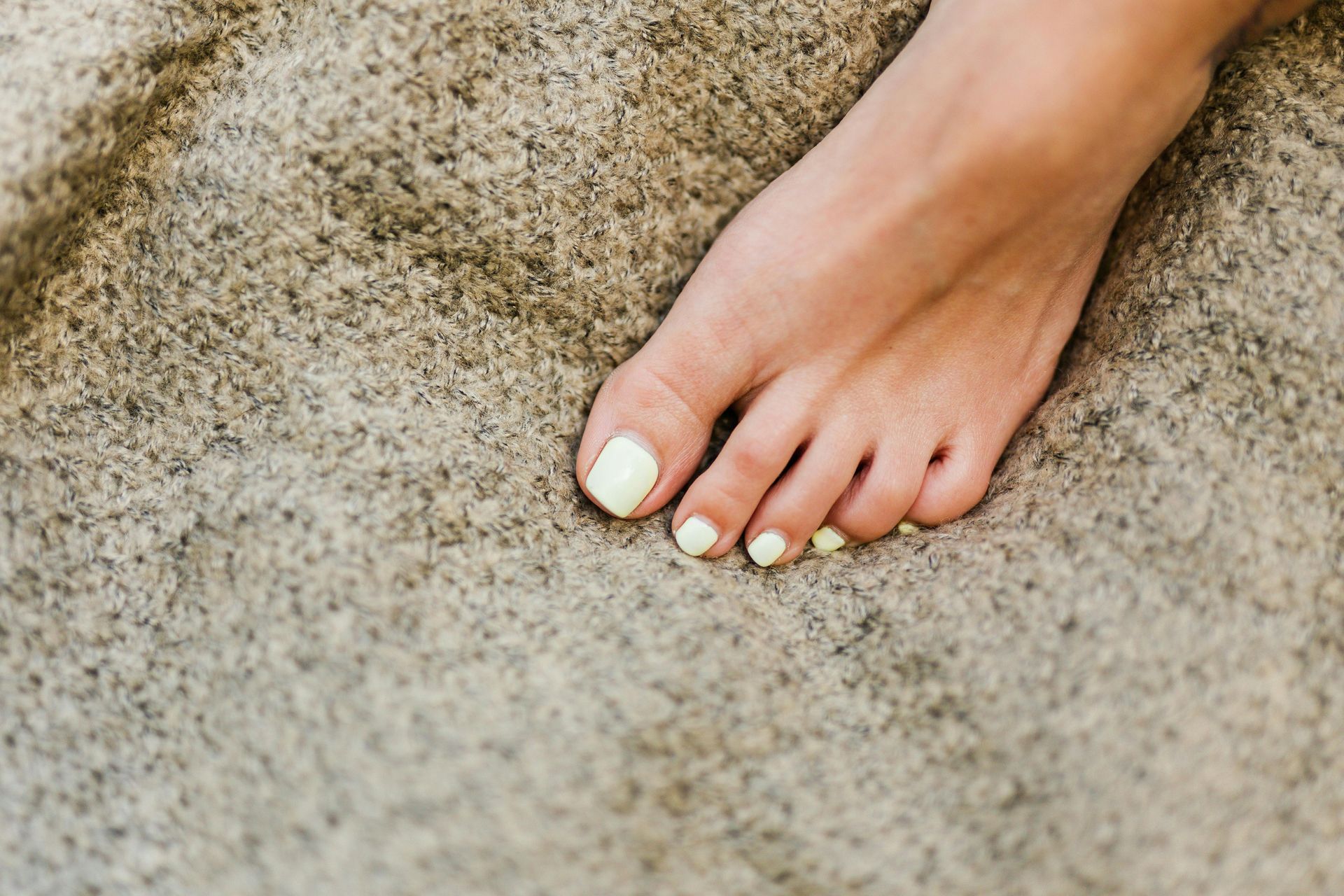Some basic pillars of good sleep hygiene include:
- Fixing a consistent bedtime and wake up time. As with so many areas of our lives, consistency is key. By having a regular bedtime and getting up time, you help to reinforce your body's sleep and wake drives.
- If you're in the habit of taking naps, don't exceed 45 minutes of daytime sleep.
- Avoiding alcohol up to 4 hours before bedtime and don't smoke. Alcohol before bedtime may speed up the onset of sleep, but it reduces your quality of sleep and can lead to waking during thee night.
- Avoiding caffeine 6 hours before bedtime. This includes coffee, tea and many fizzy drinks, as well as chocolate.
- Avoiding heavy, spicy, or sugary foods 3 hours before bed. A light snack before bed is ok (kiwi fruit might have sleep inducing properties).
- Exercising regularly, but not right before bed. A lovely Pilates class
will definitely help as we'll be focused on breath and the concentration required will definitely help to quiet your "monkey mind".
- Using comfortable bedding.
- Finding a comfortable temperature setting for sleeping and keeping the room well ventilated. The natural daily cycle of temperature is a powerful regulator of sleep.
The body naturally drops its core temperature at night, coinciding with a typical fall in environmental temperature. The ideal sleeping temperature is around 18 degrees celcius.
- Eliminating as much light as possible. This is because receiving light in our eyes disrupts the production of melatonin. This is a major reason for avoiding bright digital devices in the bedroom.
If outside streetlights make complete darkness a challenge, a sleep mask will help (or even better, blackout curtains).
- Blocking out as much noise as possible. Obviously, most of us live in suburban or urban areas where we are likely to be exposed to night time noises.
We can grow used to noise over time, but the more unexpected the noise (fox sex, anyone??!!) the more likely we are to wake up.
Ear plugs are generally my go to, but white noise can also help.
- Reserving the bed for sleep and sex. Don’t use the bed as an office, workroom or recreation room.
That means that all electronic items stay outside the room. Even having in the room can create physical and psychological stimulation which can disrupt your sleep.
- If you do need a clock, invest in an S.A.D clock*
which becomes gradually lighter as your wake-up time approaches. This can help to strengthen your wake drive in the early morning, particularly during winter.

